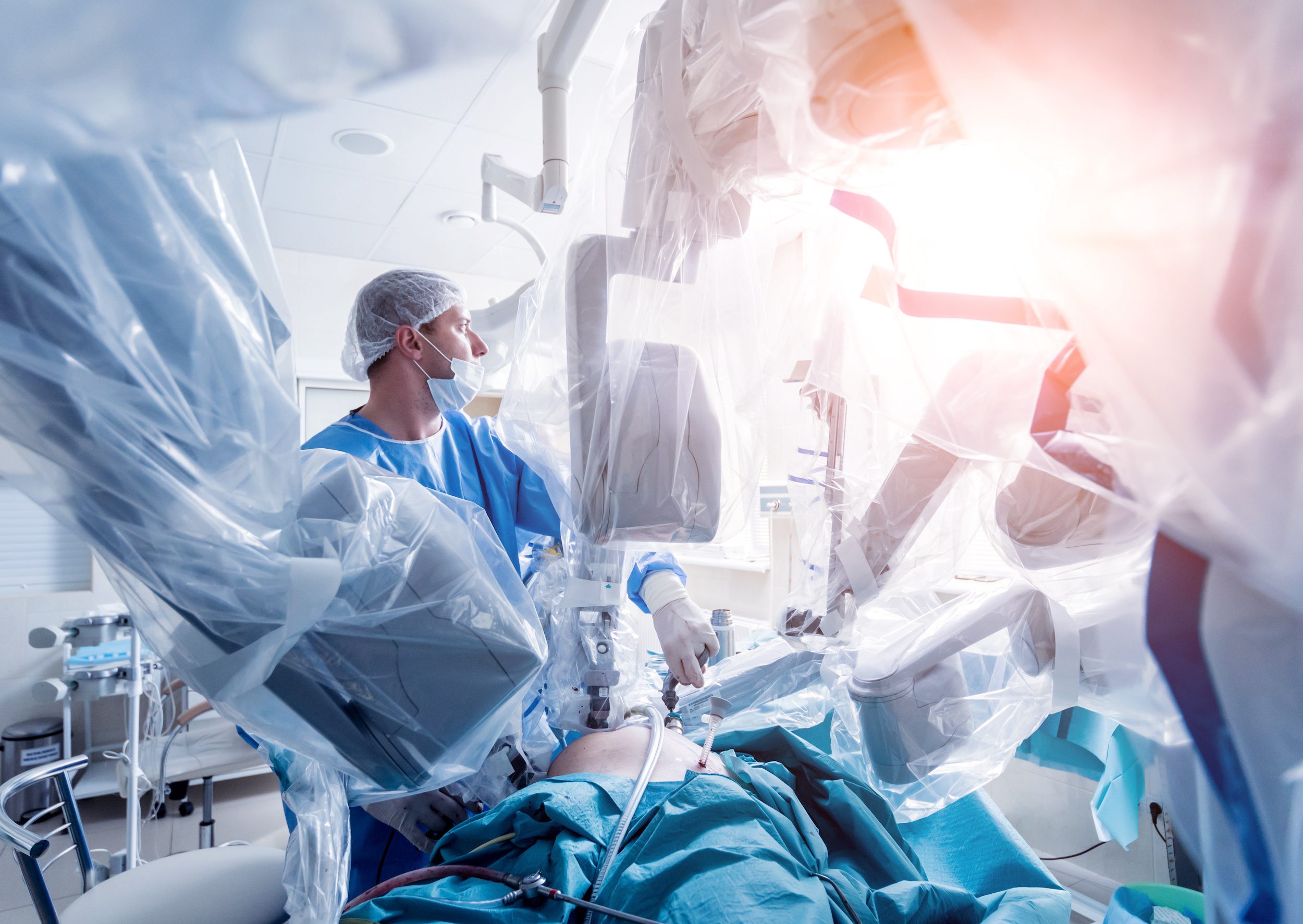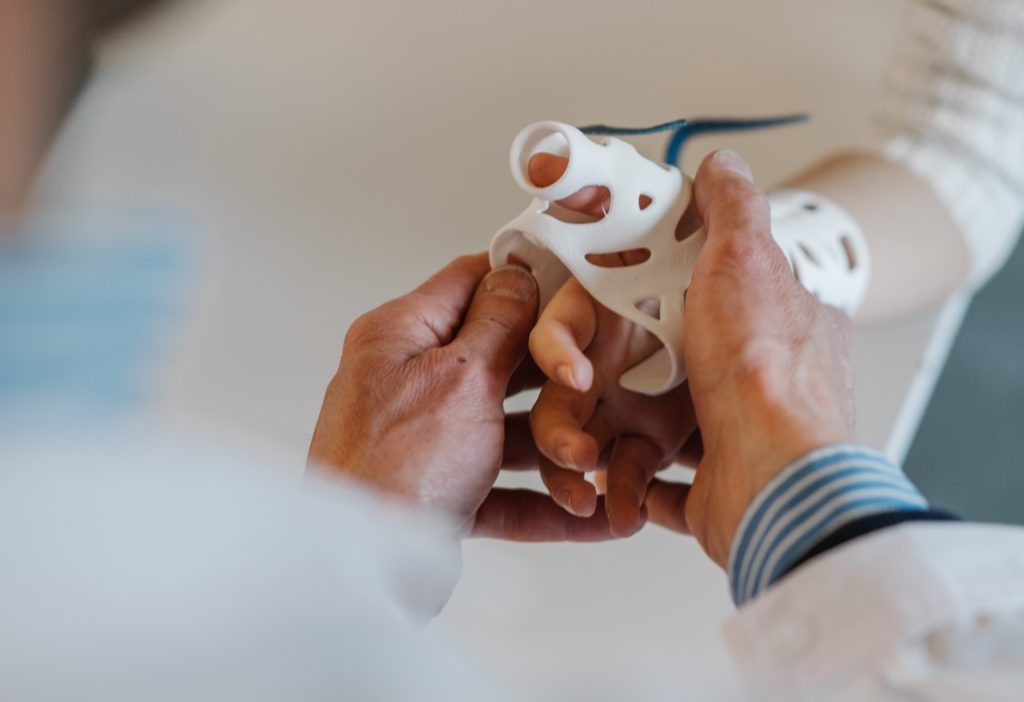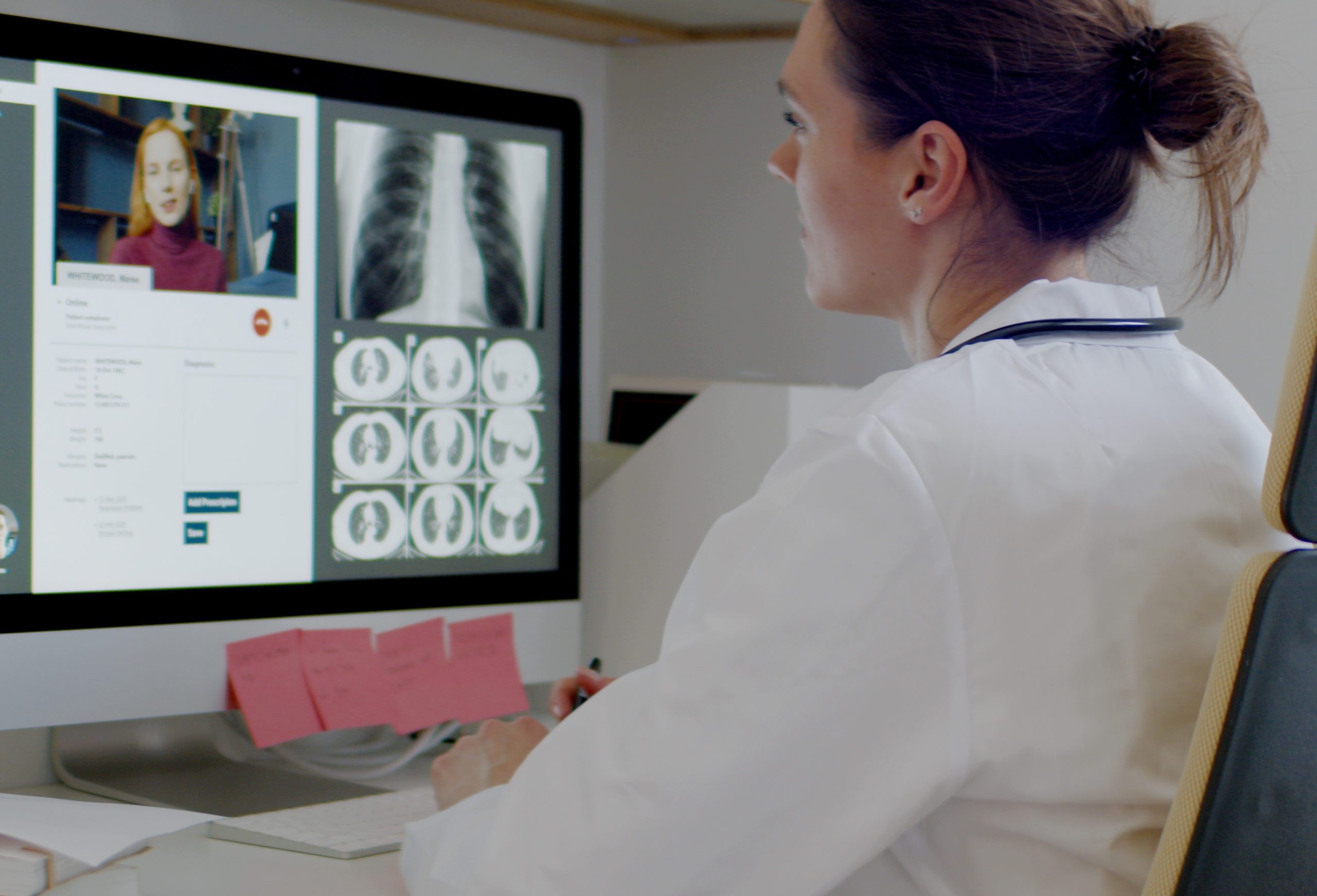Research Shows that Robotic Surgery Has Only Modest Benefits (The MedTech Download)

Key Takeaways
- A recent review found that robotic surgery has only slight benefits compared to traditional surgery. And, on average, they take longer to perform.
- While many believe that access to medical devices with Breakthrough Device designation would benefit Medicare recipients, the Medicare Coverage of Innovative Technologies (MCIT) rule has been further delayed.
- Researchers in Canada have developed a new diagnostic device that detects the antibiotic susceptibility of bacteria, which may be a critical tool in preventing antibiotic resistance.
Are Robotic Surgeries Really Better?

As early as 1967, visionaries in the healthcare industry imagined robotics in the operating room. And while it took more than 30 years to come to pass, today, Intuitive Surgical’s da Vinci Surgical System has led robotic surgery. As of 2018, da Vinci reached more than 1,110 placements, demonstrating just how normative robotic surgery has become.
Yet, even in robotic surgeries, human beings are still “behind the wheel.” And while many surgeons believe that robotic surgery offers more precision and better outcomes for patients, the New York Times reported that a recent review of several studies found that robotic surgery showed only modest benefits, if any at all. One even showed that robotic surgeries keep patients on the operating table longer than those conducted by human hands alone.
Will CMS Reimburse the Cost of Innovation in Medical Devices?

There is no doubt that many medical devices have the potential to transform – or even save – lives. It is for this reason that patients and their providers are often eager for access to the cutting edge technology that can improve the way they work or live. It was for this reason that the FDA instituted the Breakthrough Devices Program in 2016 to fast track devices that meet an urgent need where patients lack an equally good alternative.
But whether CMS will reimburse for these devices is another story. As of today, breakthrough devices are not reimbursable for those on Medicare, and recently the rule that was created to change that fact was delayed again. The concern over the Medicare Coverage of Innovative Technologies (MCIT) rule is that breakthrough devices may not be “suitable” for its majority 65+ year old population, many of whom are living with disabilities.
Microwave Sensor for Rapid Antibiotic Susceptibility Testing
In the history of healthcare, the discovery of antibiotics is often referred to as one of the greatest advancements of medicine. To date, it is estimated that penicillin alone has saved an estimated 200 million lives. Yet, the history of antibiotics recently added a new chapter, that of antibiotic resistance. Whether from overuse or misuse, many bacteria have evolved, making some antibiotics less effective or, sometimes, not effective at all.
One of the best ways to combat this phenomenon is through personalized antibiotic therapy, “which involves testing a sample of disease-causing bacteria from a specific patient for their antibiotic susceptibility prior to prescribing an appropriate antibiotic.” But, these tests can be expensive and take up to 48 hours, which is not a viable waiting period in the case of a potentially serious infection. However, researchers in Canada have developed a new diagnostic tool that uses a microwave sensor to quickly and inexpensively “detect changes in bacterial growth to assess antibiotic susceptibility,” which has the potential to improve patient care and prevent antibiotic resistance.
FDA Warns of BlackBerry Cyber Vulnerability in Medical Devices

For a brand that was once seen as the pinnacle of mobile phone technology, much has changed for Blackberry over the past 20 years. In 2010, the company reached its peak in the mobile phone market, with Comscore reporting in September of that year that RIM had “the largest market share (37.3%) in the U.S. smartphone market” with its global user base standing at 41 million subscribers. Since then, its fall to the iPhone has been well documented as a massive strategic misstep.
Yet Blackberry is very much alive and well in the medical device world. After acquiring the QNX operating system in 2010, Blackberry “has positioned itself as a trusted supplier of commercial operating systems for industries including aerospace, automotive, defense, industrial controls and medical.” But two weeks ago that trust was shaken when the FDA issued a cybersecurity alert, warning that the QNX rOS was “vulnerable to remote attack by hackers, potentially putting certain medical devices at risk.”
Stay up-to-date on everything that matters to MedTech entrepreneurs and executives, from opportunities within software as a medical device to fundraising. Subscribe below to receive industry insights, MedTech resources, and more delivered directly to your inbox.
The medtech news you want – and use – delivered. Subscribe below.




